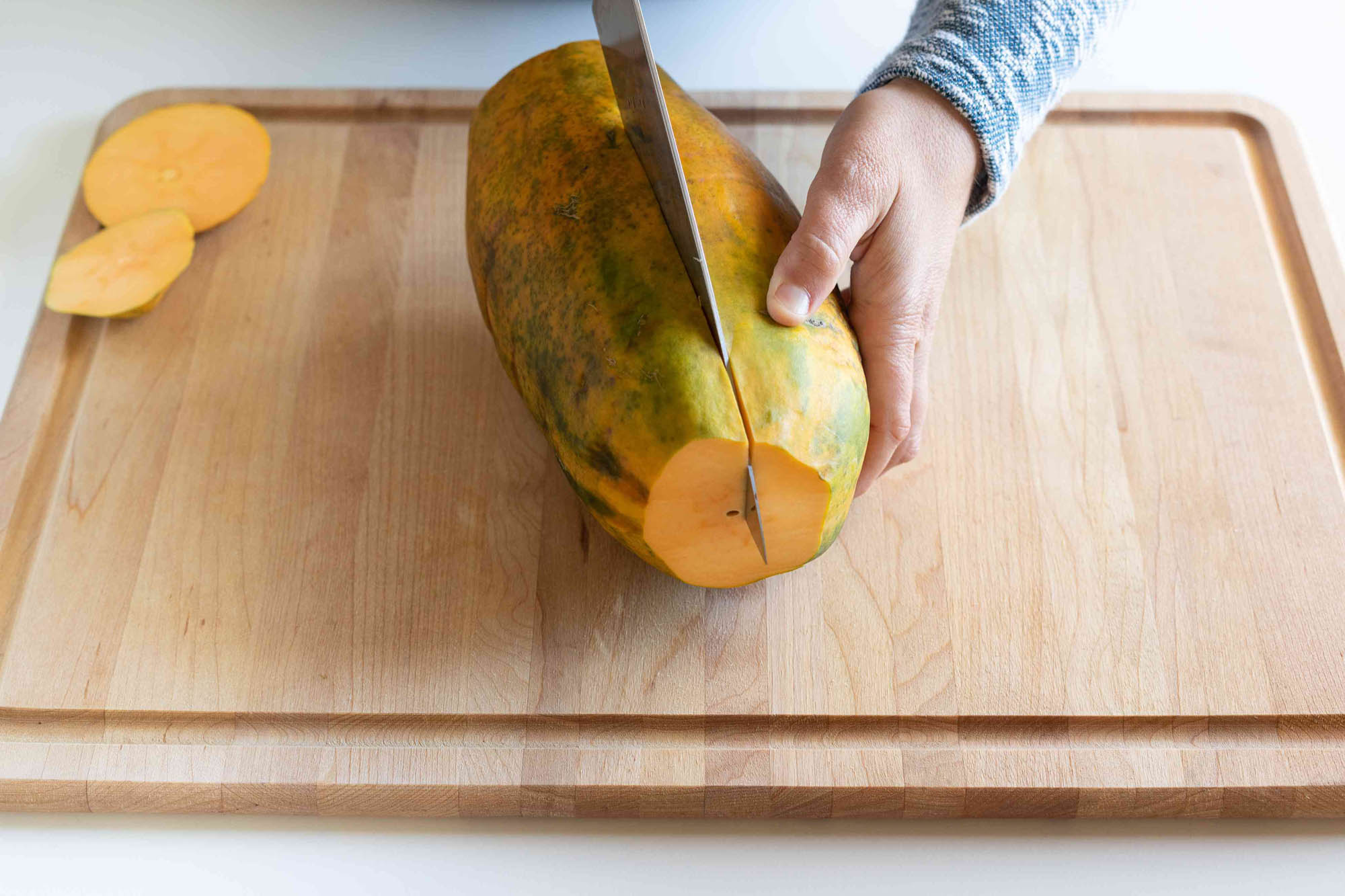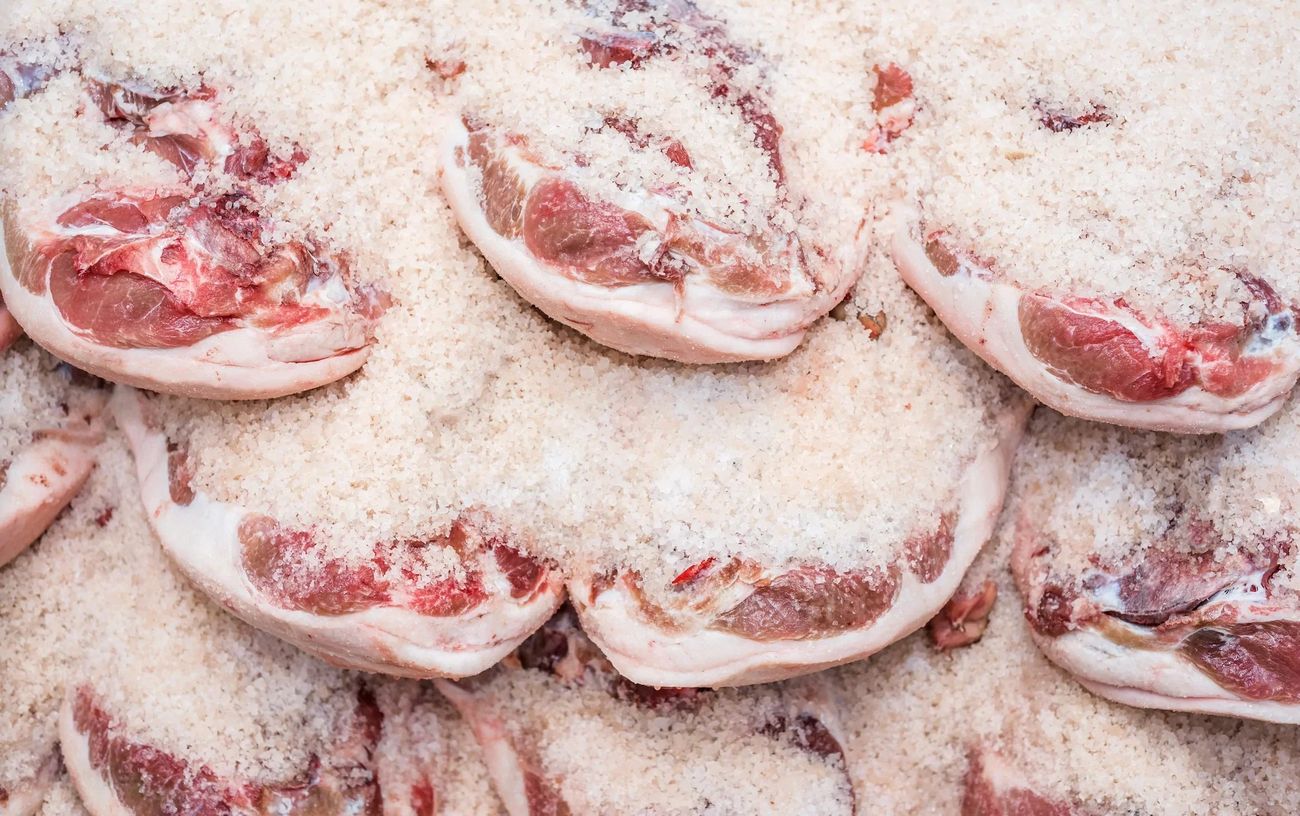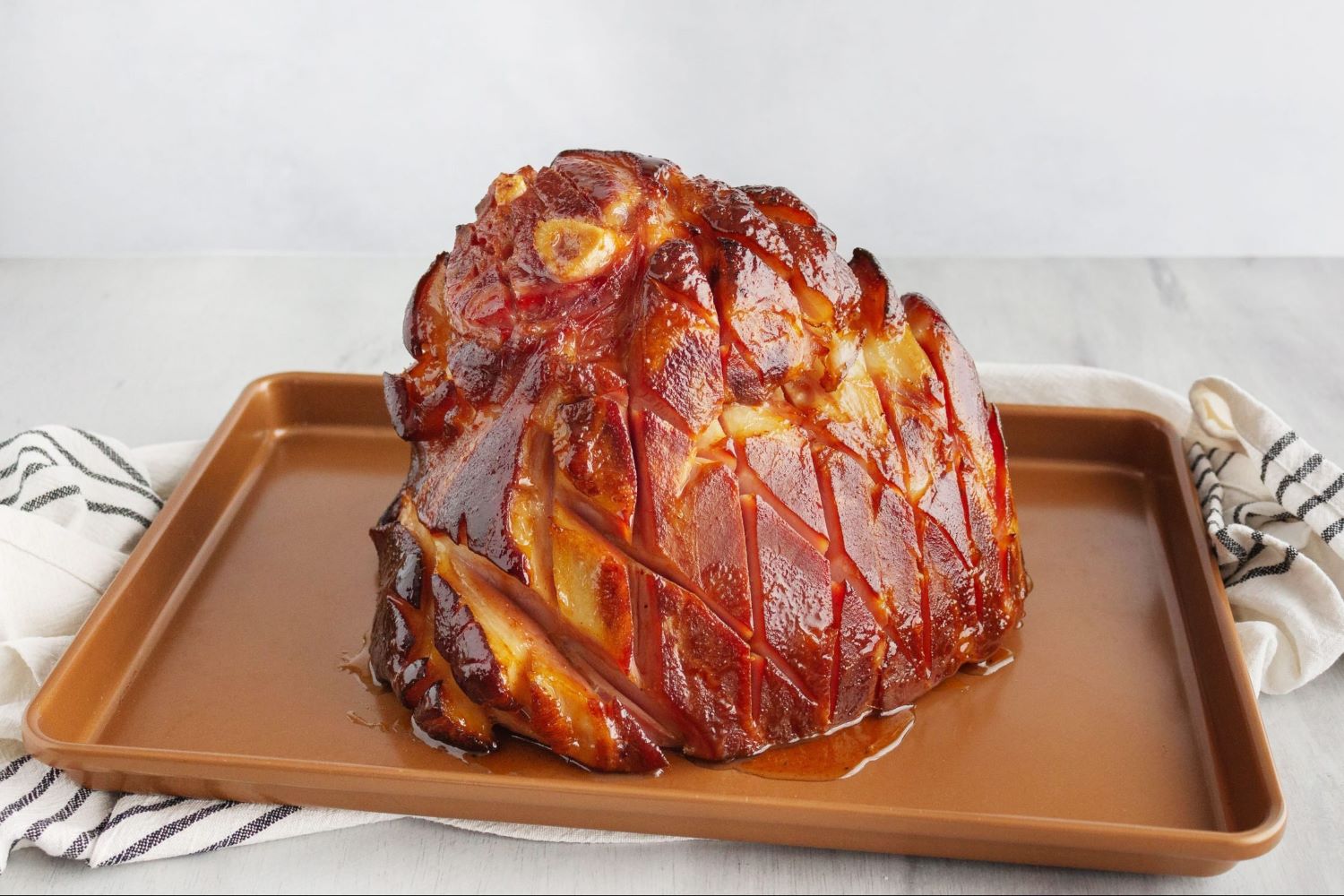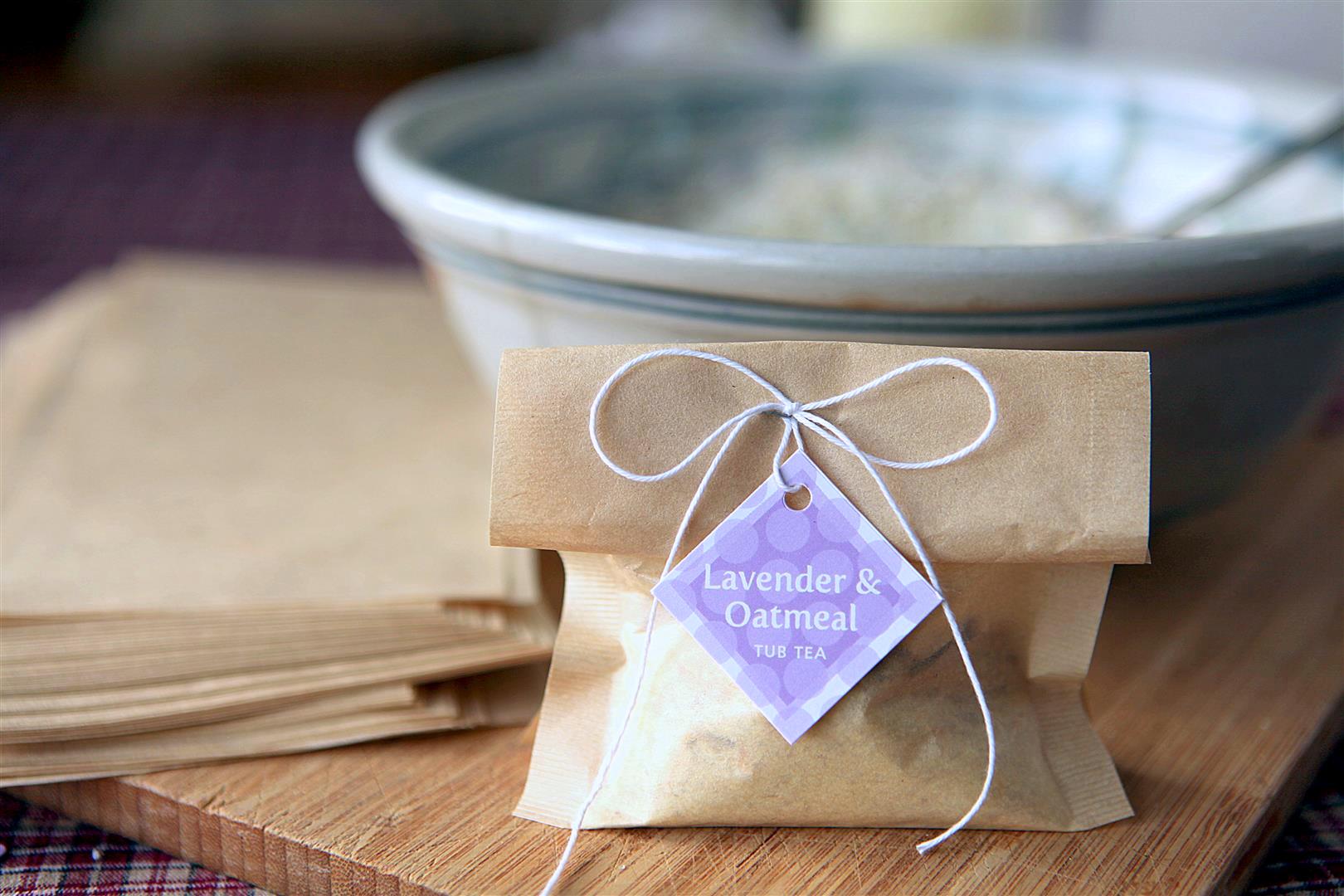Preserving the Freshness: Freeze Fresh Herbs for Long-Term Storage
There’s nothing quite like the taste and aroma of fresh herbs straight from your garden or the local market. They add a burst of flavor to any dish, elevating it to a whole new level. But what if you have an abundance of herbs and want to prolong their shelf life? Freezing fresh herbs is an excellent option that allows you to enjoy their goodness even after the growing season has passed. In this article, we will guide you through the process of freezing herbs for long-term storage.
Why Freeze Herbs?
Freezing herbs is a simple yet effective method of preserving their flavors and nutritional value. When properly frozen, herbs retain their vibrant colors, aroma, and taste. This technique allows you to enjoy the flavors of summer all year round.
Choosing the Right Herbs
Not all herbs freeze well; therefore, it’s essential to choose the right ones for freezing. Here are some herbs that freeze exceptionally well:
- Basil: Known for its distinct sweet and peppery flavor, basil freezes exceptionally well. It retains its flavor and color, making it perfect for sauces, soups, and pesto.
- Mint: Whether it’s spearmint or peppermint, both freeze beautifully. Frozen mint can be used to enhance beverages, desserts, or even savory dishes like Middle Eastern cuisine.
- Parsley: A versatile herb, parsley freezes wonderfully. It’s an excellent addition to casseroles, stews, and pasta dishes even after being frozen.
- Cilantro: Loved for its fresh and citrusy flavor, cilantro freezes well. Its versatility in Mexican, Thai, or Indian recipes remains intact even after being frozen.
- Dill: With its delicate flavor, dill freezes fantastically. It adds a delightful taste to pickles, salmon, and creamy sauces.
The Freezing Process
- Washing: Start by gently washing the herbs to remove any dirt or pests. Pat them dry with a paper towel to remove excess moisture.
- Chopping: Depending on the herb, you can choose to freeze them whole or chop them finely. For leafy herbs like basil or mint, remove the stems and chop the leaves into manageable sizes.
- Flash Freezing: Arrange the herbs in a single layer on a baking sheet lined with parchment paper. Place the sheet in the freezer for a few hours until the herbs are frozen solid. This method, known as flash freezing, ensures that the herbs won’t stick together when stored.
- Packaging: Transfer the frozen herbs into airtight containers or freezer bags. Remember to label them with the herb type and date for easy identification later.
- Long-Term Storage: Store the containers or bags in the freezer, where they can stay fresh for up to 12 months.
Using Frozen Herbs
Frozen herbs can be used directly in cooked dishes without the need to thaw. Simply add them to your soups, stews, sauces, or any meal that requires a flavor boost. The frozen herbs will release their flavors as they thaw during the cooking process.
You can also create herb-infused oils or butters by blending the frozen herbs with your choice of oil or butter. These can be stored in the refrigerator for immediate use or frozen for later.
Final Thoughts
Freezing fresh herbs is a fantastic way to enjoy their vibrant flavors even when they’re out of season. With just a few simple steps, you can freeze your favorite herbs and have them readily available for culinary adventures all year long. So go ahead, freeze those flavors, and let your taste buds rejoice!
Was this page helpful?
Read Next: How To Prep Fish Fillets For Even Cooking











